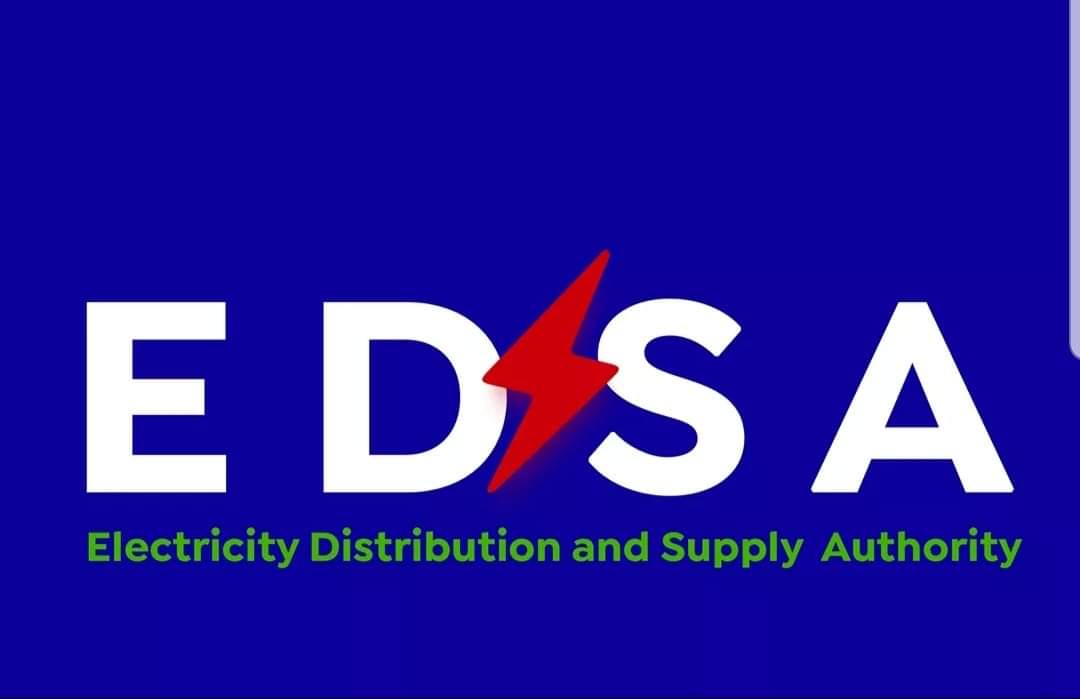AmiIt is high time that both the Government and its institutions that are supposed to provide the people with basic essential goods and services failure to do so reflects badly on the image of the Government both at home and abroad.
It is inexcusable that for several days now EGTC and EDSA that are responsible for electricity generation and distribution have starved over one million residents of the capital city from electricity supply.
The loss to the manufacturing, service and business communities is huge.
One simply cannot understand why with the tens of millions of dollars that both Government and international development partners have poured into the energy sector, there has since the 1970s always been a one step forward one step backward movement in the supply of constant and reliable electricity to the capital city.
For example, at the end of January 28, 2021, the World Bank Board of Executive Directors approved a $50 million grant from the International Development Association (IDA) to improve access to electricity in Sierra Leone and enhance institutional capacity and commercial management of the sector. The project was also co-financed with a $2.7 million grant by the Japan Policy and Human Resources Development Fund.
This Enhancing Sierra Leone Energy Access Project was supposed to support the country’s post COVID-19 economic recovery by providing electricity to households, businesses, health clinics and schools, which is a critical part of the recovery process.
It was also to support the replacement of costly fuel generation plants with low cost power, which would free up scarce fiscal resources for other urgent socio-economic needs.
In spite of what has been done so far by the Ministry of Energy and its agencies to improve on the supply of electricity, there still remains much more to do to reduce the access to electricity gap in the capital city – the hub of commerce, manufacturing and service industries including hotels, restaurants, etc.
According to the World Bank, only 23% of Sierra Leoneans have access to electricity, which is below the Sub-Saharan average of 30%.
The gap in infrastructure is not only impacting people’s welfare and ability to access services, it is also severely impeding on competitiveness, job creation and poverty reduction.
Private companies mention inadequate electricity provision as a major cause for high costs, disrupted production and reduced profitability.
“Improving access to electricity in Sierra Leone is a critical development accelerator. This project will help address the country’s key infrastructure deficits, which is one of the most fundamental elements for promoting sustainable growth and job creation in the COVID-19 recovery,” said Gayle Martin, the then World Bank Country Manager for Sierra Leone.
“More efforts are needed to improve the sector’s efficiency, as well as its overall financial sustainability. In addition to financing, the World Bank is also supporting a robust analytic and knowledge agenda.”











